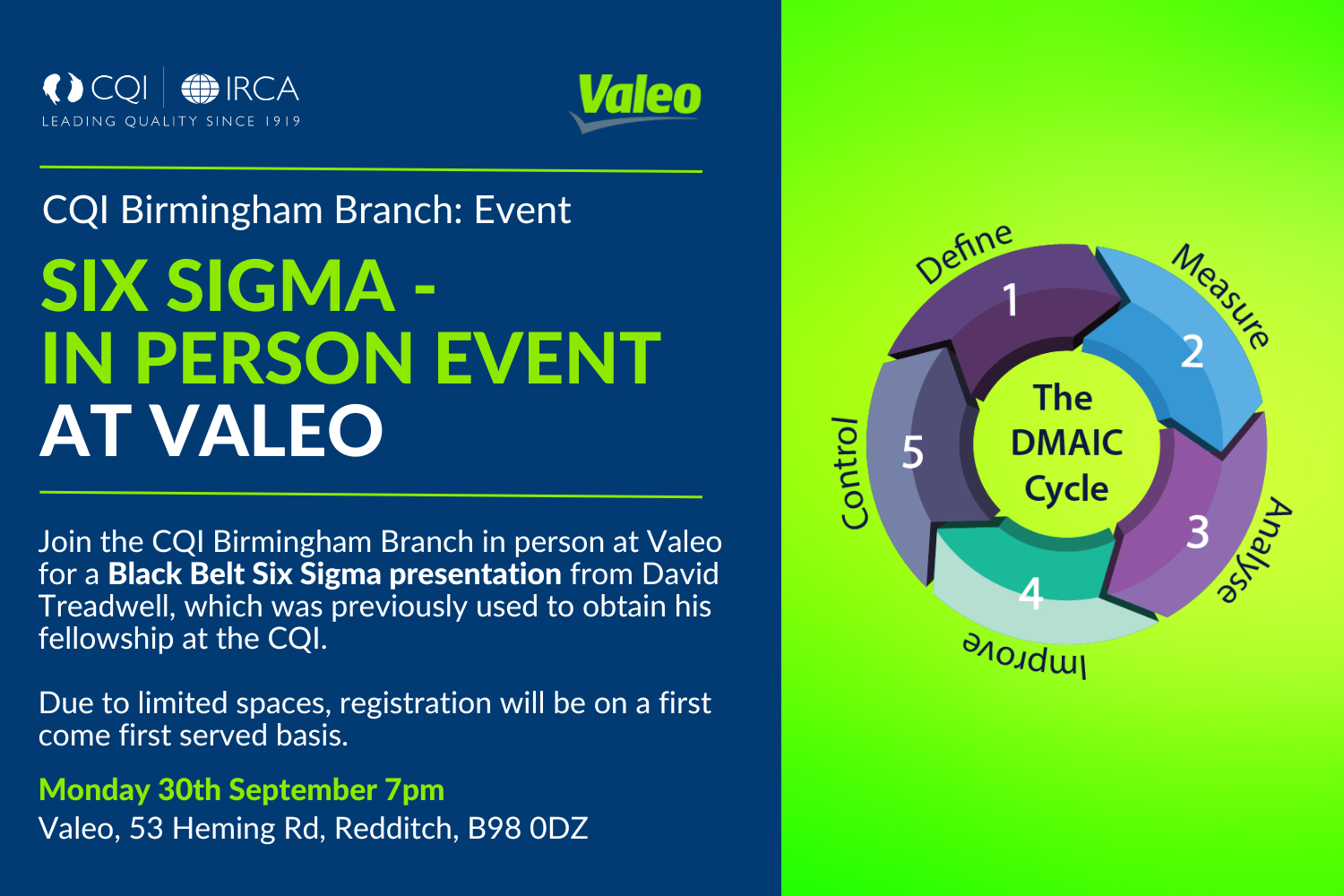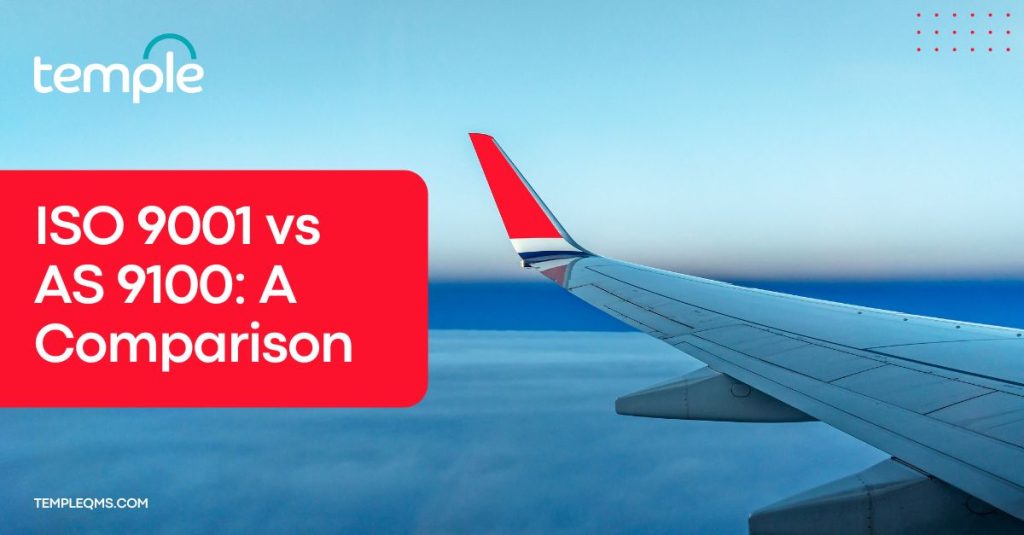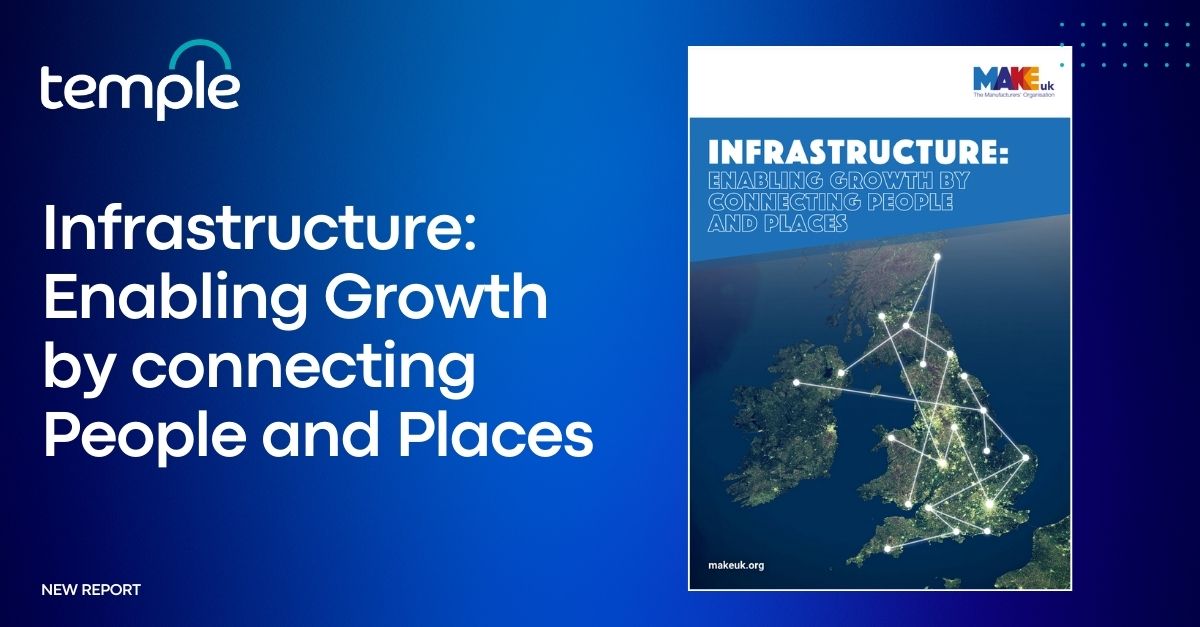
Join the Six Sigma event at Valeo – 30th September 2024
Join us for the CQI | The Chartered Quality Institute Birmingham branch event on the 30th September Valeo’s Aftersales Quality Manager Dave Treadwell will be

In any industry, quality procedures and results are critical, but the aerospace and defence industries are perhaps the most important. A product’s safety could be compromised if quality management processes aren’t adhered to rigorously, as is the case when airplane components are produced, for example.
Obtaining quality certifications is essential if you wish to work directly with aerospace manufacturers or create products for aircraft, space, and defence applications. ISO 9001 and AS9100 are two of the most common quality standards used in this industry. How do these two standards differ?
ISO 9001:2015 is the internationally recognised, foundational quality standard and often considered to be a fundamental requirement for successful quality management systems. ISO.org describes quality management principles such as customer focus, motivation from top management, and process approaches. By complying with ISO 9001, businesses can ensure that customers receive consistent, high-quality goods and services. An ISO 9001 audit and ISO 9001 training are required to become ISO certified.
Using ISO 9001 as a base, AS9100 adds additional regulatory requirements and notations specific to aerospace quality. In addition to being backed by the International Aerospace Quality Group (IAQG), AS9100 is sponsored by a number of international aerospace companies, rather than ISO. The aerospace industry often requires AS9100 certification.
Based on ISO 9001, AS9100 follows the entire standard.
Exactly the same clauses found in ISO 9001 are included in AS9100, making the content of these standards identical. In contrast, AS9100 audits bring additional requirements to the table that address the needs of aerospace stakeholders.
The AS9100 requirements emphasise product realisation, measurement, analysis, and improvement primarily in sections “Product Realisation and Measurement, Analysis and Improvement.” The aerospace, space and defence sectors place different demands on key aspects within each of these sections. Among them are:
Risk management
Controls
Project management
Configuration management
Counterfeit part management
Ethical behaviour
Additional safety requirements
The human element
Design and development
Purchasing
Production
Non-conformance
What does it take to add AS9100 to an ISO 9001 certified QMS? It is simply that AS9100 has additional aerospace-specific requirements that distinguishes the two.
For more information, or to get started on AS9100 or ISO 9001 certifications, contact Temple QMS today.

Join us for the CQI | The Chartered Quality Institute Birmingham branch event on the 30th September Valeo’s Aftersales Quality Manager Dave Treadwell will be

An inquiry report covering 1,670 pages has been released seven years after 72 people died in the Grenfell Tower fire. Here are some key points

Join The CQI on 23-26 September for a programme of interactive sessions delivered by expert speakers designed to support your journey as a quality professional.

Make UK’s latest deep dive into the state of UK infrastructure is out now! ‘Infrastructure: Enabling Growth by connecting People and Places’ examines manufacturers’ perceptions of